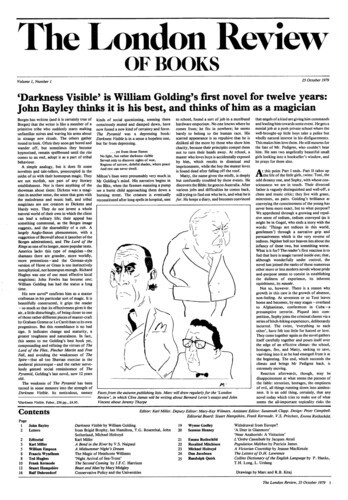Human Nature
Stuart Hampshire, 25 October 1979
Biology as a guide to ethics has been an intellectual fad of the last decade, and Mrs Midgley is trying to restore a sense of proportion. Sociobiology has had its home principally in the United States rather than in the land of Herbert Spencer, and Professor E.O. Wilson of Harvard, author of Sociobiology the New Synthesis, is now the leading figure in this new, or revived, philosophy of human nature. The founding father was Konrad Lorenz, who followed the vastly popular King Solomon’s Ring with the immensely influential On Aggression. Then came The Naked Ape (Desmond Morris) and The Territorial Imperative (Robert Ardrey), which made the idea of aggression in defence of territory a household phrase as the name of an instinct which men, like other mammals, are presumed to possess, and which promised to explain their warlike behaviour and regional hatreds. Moral philosophers were warned that both ethical theory and the conduct of life would sooner or later be revolutionised by the study of animal behaviour. We would learn, as a benefit of rigorous science, which moral ideals are practical, being in accord with known basic instincts, and which are wholly unrealistic, being in conflict with innate dispositions comfortably inferred from discoveries about animal routines. Now, as in the last century, popular biology as the key to scientific ethics reliably produces best-sellers; like old conventional religion, new science sweeps away moral uncertainties.

